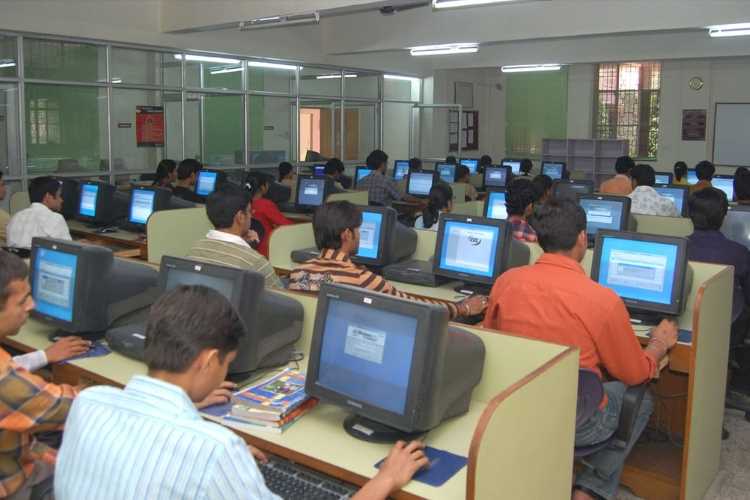Online education has become a blessing for the urban population in the times of Covid-19. It is absolutely possible to maintain quality in online education, but challenges are in engagement, retention and completion, says Monica Mehta, Executive Vice President, Wadhwani NEN at Wadhwani Foundation. In an exclusive interaction with Policy Circle, she lists the challenges in offering quality entrepreneurship education in the times of Covid-19. Edited excerpts:
How has been Wadhwani Foundation’s engagement with the education sector and foray into online education?
Wadhwani Foundation, through its NEN initiative, has been enabling entrepreneurship education since 2003. The entrepreneurship courses for students have traditionally followed the blended learning approach, with the concepts being driven by both inbuilt videos hosted on our platform and face-to-face interaction with trained faculty. In early 2019, recognising the immense possibilities that digital learning and technology could bring, Wadhwani Foundation came up with the Direct to Classroom (D2C) model. In this model, a single faculty would remotely facilitate 3 to 4 sessions simultaneously across classrooms spread throughout the country using online communication platforms such as Zoom. However, the onset of COVID-19 brought with its unprecedented challenges affecting all aspects of life worldwide, including the education sector. Social distancing became the norm and all efforts were focused on keeping physical interaction to a minimum.
READ I Covid19: Lessons from Sweden’s disastrous tryst with coronavirus
Rising to the occasion, we are now shapeshifting and bringing our entrepreneurship programme through the Direct-to-Students (D2S) and a Direct-to-Entrepreneur (D2E) model to a range of participants in emerging economies, right from high school students to early stage entrepreneurs to established entrepreneurs looking to grow their businesses. In the D2S model, the participants will be able to partake of the course digitally. All elements of the course such as concept and experience-sharing videos, activities, and milestone tasks will be shared directly with the participants who sign-up for the course, whilst we ensure digital support and handholding in their entrepreneurial journey.
Would online education be one of the major gainers from the Covid-19 crisis?
Though online education has been there for some time, the scale of adoption in the last few months has grown manifold due to the forced curb on traditional education methods, including face-to-face course delivery. Online education till very recently has been perceived as an addendum to traditional classroom education. However, in the COVID-19 era, the only way out to continue formal education across all levels is hybrid education where online education will play a pivotal role. With the ongoing pandemic and the fear of it not fading away anytime sooner, online education looks to be the best way forward to service the needs of our learners.
READ I The New Education Policy: Twenty ideas that will shape India’s education system
How would you explain the advantages and disadvantages of online education vis-a-vis the usual offline learning? Will it be a cheaper service? How does it ensure quality?
Education is transmitted best when it is holistic. For education to be holistic, unhindered, free exchange of ideas is integral. Offline education has been offering knowledge sharing and idea sharing since time immemorial, thanks to peers occupying the same physical space at a particular time.
With online education, while knowledge transmission is fairly easy, knowledge sharing and idea sharing becomes a challenge, especially owing to the dependence on technology. In India, with many students not having access to smartphones/laptops or high-speed internet, online education for the masses is a challenge. Digital inequity of education in the country is now more evident than ever.
READ I India’s mobile manufacturing sector charts a success story
For the urban and semi-urban population, online education is now a definitive boon. While it is absolutely possible to maintain a high-level of quality in online education, the problem is really more around engagement, retention and completion.
EdTech companies are pursuing various innovative methods to get improve engagement and completion, but it is still long before we see successful engagement metrics at scale. Till then, more power and innovation to online education.

